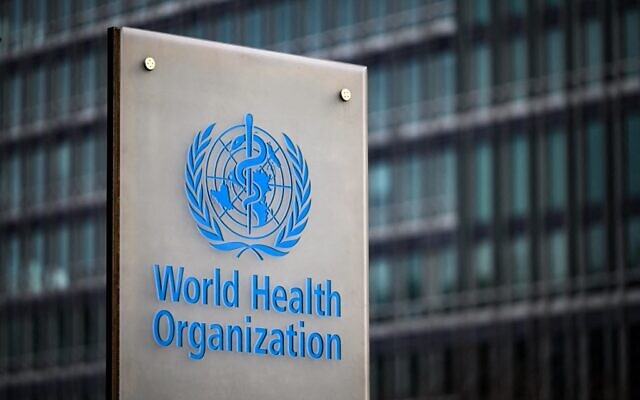World Health Organization (WHO): AI’s Potential to Revolutionize Healthcare Requires Responsible Understanding

Artificial Intelligence (AI) holds tremendous promise for revolutionizing healthcare, but the World Health Organization (WHO) has sounded a cautionary note, emphasizing that the rapid deployment of AI in healthcare without a thorough understanding of its performance may pose risks to patients. In a publication released on Thursday, the WHO addressed the need for responsible AI deployment in the medical field.
The WHO acknowledged that AI had the potential to significantly enhance healthcare, offering a multitude of benefits, from strengthening clinical trials to improving medical diagnosis, treatment, and supplementing the knowledge and skills of medical professionals. One remarkable example is AI’s ability to assist in areas lacking specialist expertise, such as interpreting radiology images and retinal scans.
However, the WHO expressed concerns over the hasty implementation of AI in healthcare, emphasizing that it must be done with a full comprehension of the technology. Uninformed AI deployment, according to the WHO, has the potential to either benefit or harm end-users, including patients and healthcare professionals.
One of the major concerns highlighted by the WHO is the sensitive nature of health data accessed by AI systems. Robust legal frameworks are deemed necessary to safeguard privacy and data integrity when deploying AI in healthcare.
WHO Chief Tedros Adhanom Ghebreyesus underscored both the potential and challenges of AI in healthcare, stating, “Artificial intelligence holds great promise for health, but also comes with serious challenges, including unethical data collection, cyber-security threats, and amplifying biases or misinformation.” He emphasized the importance of the new guidance issued by the WHO, which aims to help countries regulate AI effectively to harness its potential while minimizing the associated risks.
The WHO emphasized that AI systems’ performance depends on the code they are built with and the data they are trained on. Consequently, better regulation can help manage the risks associated with AI amplifying biases present in training data. To address these concerns, the WHO outlined six key areas for regulating AI in the healthcare sector.
These areas include the external validation of data, evaluating AI systems before their release to prevent the amplification of biases and errors, scrutinizing consent requirements regarding data privacy, and promoting collaboration between regulators, patients, governments, and healthcare professionals.
As AI continues to make significant strides in healthcare, the WHO’s guidance is essential to ensure that the implementation of AI technologies aligns with the best interests of both patients and healthcare providers while safeguarding data privacy and ethics. Responsible AI deployment, according to the WHO, is pivotal in harnessing the transformative potential of AI while mitigating potential risks.
Learn more:



